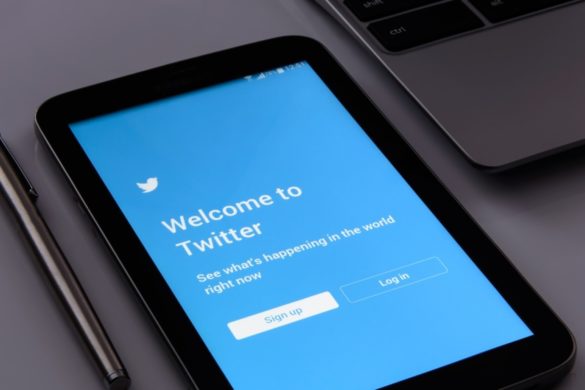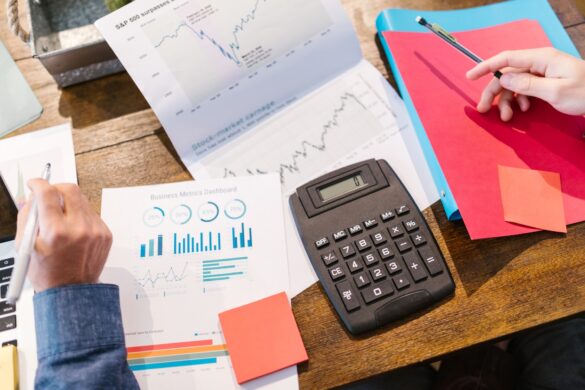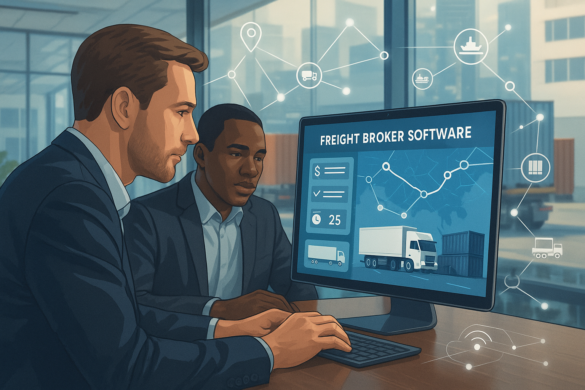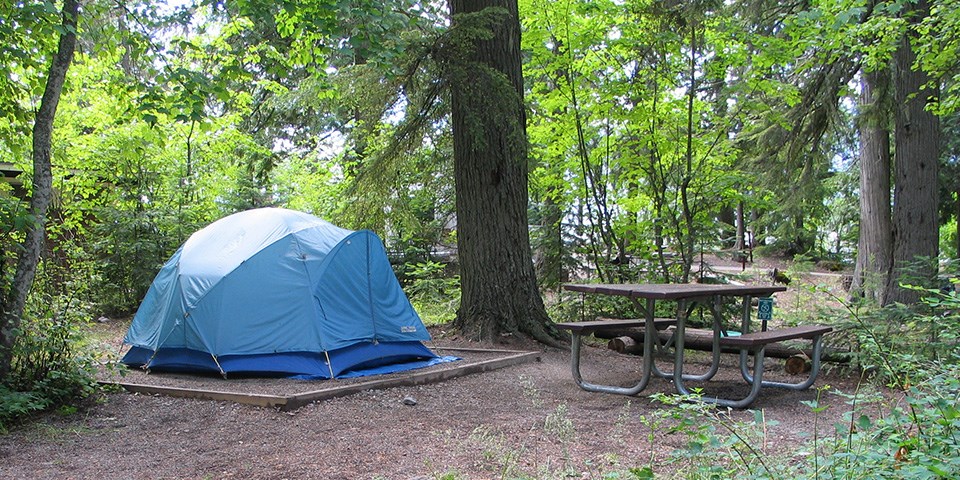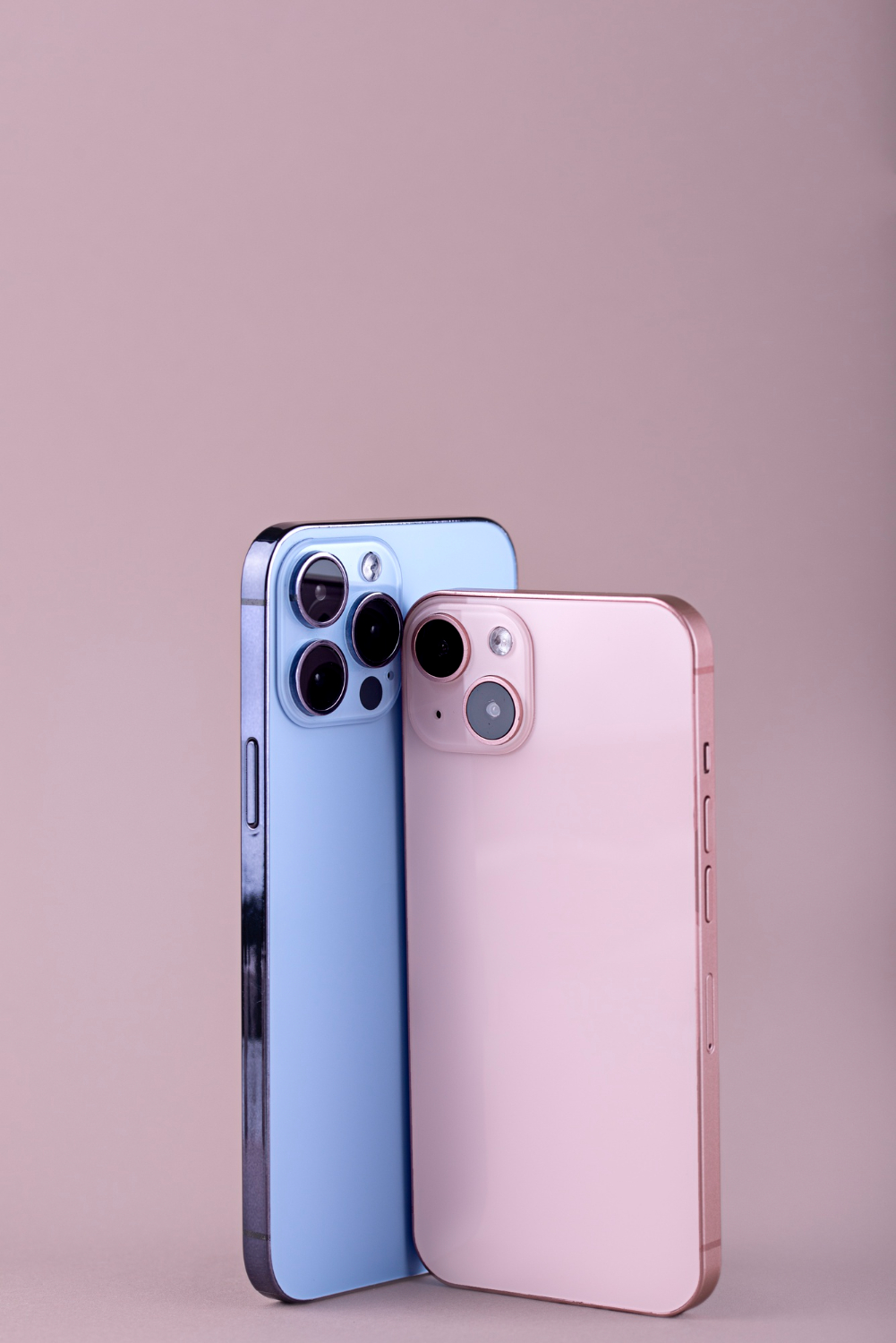 If someone says “iPhone,” most people think “safe” or “secure.” Apple talks a lot about how its phones protect your privacy. And sure, they do a better job than many other phones. But here’s the truth no one really tells you: iPhones still share a lot of your information—and most people have no idea it’s happening.
If someone says “iPhone,” most people think “safe” or “secure.” Apple talks a lot about how its phones protect your privacy. And sure, they do a better job than many other phones. But here’s the truth no one really tells you: iPhones still share a lot of your information—and most people have no idea it’s happening.
Let’s break it down. Just because something feels private doesn’t mean it actually is. From apps tracking what you do, to websites learning way too much about you, there’s a lot going on behind the screen. And while some of it seems harmless, it can turn into a big deal if it ends up in the wrong hands.
What Your iPhone is Actually Sharing
Think about all the things done on an iPhone in a day: sending messages, checking emails, watching videos, playing games, shopping online. It feels personal, right? But most apps are watching that activity. Some even sell that info to advertising companies.
Here’s how it happens. A lot of apps come with something called “trackers.” These are tiny tools inside the app that collect information. They watch what you tap on, how long you stay on a page, what videos you like, what ads you ignore, even what you search for. Then they send that information to companies that use it to make targeted ads—or worse, sell it to someone else.
Websites are doing the same thing. They place cookies (no, not the good kind) in your browser to follow your online moves. Even when using “private” browsing modes like Safari’s Incognito, those trackers can still collect certain data. It’s not totally invisible.
And here’s the wild part: using Wi-Fi in public places like school, cafes, or airports makes this even easier for others to see. Anyone connected to that same network can, with the right tools, spy on what others are doing. That includes usernames, passwords, messages—unless something is protecting that connection.
This is where the fix comes in.
One Easy Way to Block the Snooping
To stop others from seeing what’s going on while using an iPhone—especially when using public Wi-Fi or apps that like to track things—a VPN is one of the easiest and smartest tools out there.
VPN stands for “Virtual Private Network.” What it does is create a kind of invisible tunnel around your internet connection. So even if someone tries to peek at what you’re doing, all they’ll see is scrambled information that makes no sense. It also hides your real location, so websites can’t track you as easily.
There are lots of VPNs out there, but some cost money or are tricky to use. That’s why a free vpn for ios can be a smart place to start. It helps lock down your iPhone’s connection without needing to spend anything. Just tap to connect, and your phone becomes a lot harder to track.
But Doesn’t Apple Already Protect You?
Apple does a few good things to keep data safe. It asks apps for permission to track you. It also has strong encryption, which makes it harder for hackers to get into the phone itself. That’s great, but it’s only part of the picture.
What Apple doesn’t stop is the information that leaves the phone. Once an app gets permission, it can collect tons of details. And not all apps are honest about what they’re doing with that data. Plus, when browsing the internet, Safari doesn’t block everything. Even with settings turned on for “privacy,” there’s still a lot that slips through.
A VPN picks up the slack. It protects what happens once the phone connects to the internet. It works in the background and helps keep things private even from apps and websites that usually try to track everything.
What About Using Data Instead of Wi-Fi?
Some might think, “Well, I’ll just use mobile data instead of public Wi-Fi.” That helps a little, but not enough. Phone carriers still track a lot of online activity. They know what sites are visited, when, and how often. They can sell that info too.
A VPN works on mobile data just like it does on Wi-Fi. So even when not connected to public networks, it’s still smart to keep that protection on.
Are VPNs Hard to Use?
Not at all. Most VPN apps are simple to set up. After downloading, it’s usually just one tap to connect. Once it’s on, it runs in the background. The internet still works the same way—apps open, videos stream, websites load. But now, all of that happens inside a secure tunnel.
Some VPNs even let you pick where you want to appear online. So even if someone is in one country, the internet might think they’re in another. That can come in handy for things like watching videos or playing games that only work in certain places. But the main reason to use a VPN isn’t for tricks—it’s for privacy.
Why Privacy Even Matters (Especially for Teens)
Some people say, “I’m not doing anything bad, so who cares if I’m being tracked?” But privacy isn’t about hiding something wrong. It’s about having control. Just because someone leaves their front door unlocked doesn’t mean it’s okay for strangers to walk in and look around.
The same idea applies to phones. Just because it’s possible for apps or websites to collect personal data doesn’t mean they should. Everyone deserves to have private conversations, search for information, and explore interests without being watched or judged.
And there’s more. Some tracking tools have been used to target people unfairly—based on age, gender, or even location. That’s not just annoying. It’s creepy. Using tools like VPNs helps avoid that.
Final Thoughts
So, is the iPhone private? Kind of—but not as much as most people think. It has good protection on the inside, but once that phone connects to the internet, things start slipping through the cracks.
That’s why it helps to do one extra thing. Using a VPN on iPhone, especially a free one for iOS that’s easy to install, makes a big difference. It blocks trackers, hides activity, and keeps internet use personal—just the way it should be.
Phones are great for fun, learning, and staying connected. But that doesn’t mean giving up privacy. Protect it with the tools that are out there, and stay one step ahead of the people who want to snoop.

